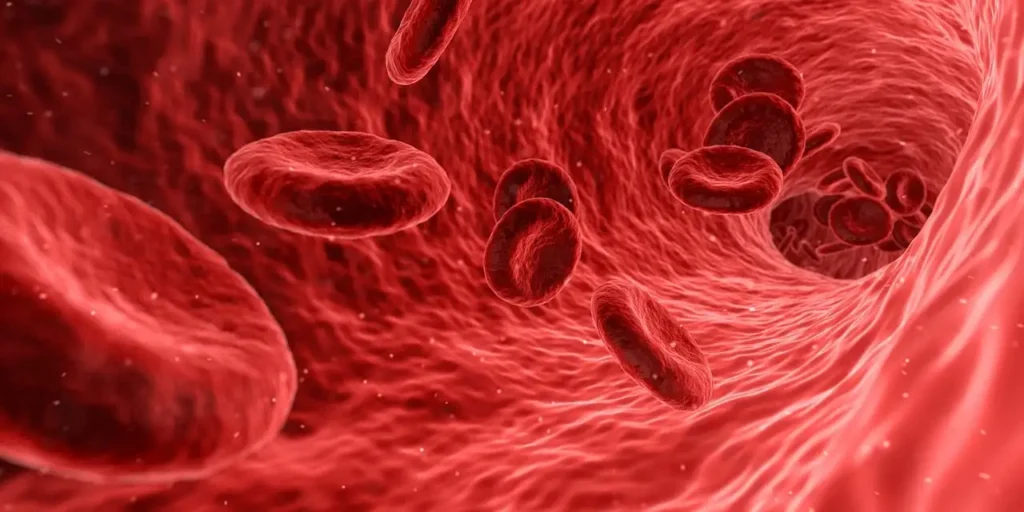Platelets, also known as thrombocytes, are cells essential for blood clotting. They are formed in the bone marrow and act immediately when a blood vessel breaks, grouping to stop the bleeding.
According to MedlinePlus, a normal platelet count ranges from 150,000 to 400,000 platelets per microliter of blood. Having a low platelet count, a condition known as thrombocytopenia can put people at risk for minor or serious bleeding.
Several causes can lower platelet counts. These include autoimmune disorders, such as immune thrombocytopenia, where the immune system attacks and destroys platelets.
Some diseases ( viral infections, liver diseases, certain types of cancer, and blood disorders) can affect platelet count.
On the other hand, some nutritional deficiencies such as a lack of essential vitamins and minerals, such as vitamin B12 or iron, can also negatively affect platelet levels.
To determine if a person has thrombocytopenia, blood tests (complete blood count) and a physical exam are done to look for signs of bleeding under the skin or an enlarged spleen.
According to the Mayo Clinic, treatment will depend on the cause and severity of the condition and may include anything from adjusting medications to platelet transfusions.
How to increase platelets
A natural approach to increasing platelets is through a diet rich in nutrients that promote the production of these cells. Among the recommended foods to consume are sources of iron, vitamin A, B9, B12, vitamin K, folic acid, and antioxidants, such as:
- Spinach: Rich in vitamin K, which helps coagulation.
- Broccoli: It is a source of vitamin K and antioxidants.
- Citrus fruits: Oranges, lemons, and grapefruits provide vitamin C, which improves iron absorption.
- Beef liver: Contains plenty of iron and vitamin B12.
- Lentils: They contain folic acid, which promotes the production of platelets.
- Chia seeds: They are distinguished for being a source of antioxidants and calcium.
- Almonds: They are rich in vitamin E, which has antioxidant properties.
- Swiss chard: Provides vitamin A and folic acid.
- Blueberries: They are highly antioxidant.
- Eggs: They provide vitamin B12 and essential proteins.
In more severe cases of thrombocytopenia, specialists may resort to various drug treatments. This should always be under the recommendation of specialists. According to the National Heart, Lung, and Blood Institute, some common treatments include:
- Intravenous immunoglobulin (IVIG): Used to treat major bleeding in immune thrombocytopenia and to increase platelet count.
- Corticosteroids: Medications such as prednisone help increase platelet counts, although they can have side effects such as high blood pressure or digestive problems.
- Immunosuppressants: Used when corticosteroids are not effective and help prevent the immune system from destroying platelets.
- Rituximab: Antibody therapy used to treat immune thrombocytopenia.
- Thrombopoietin receptor antagonists (TPO-RAs): Medications such as romiplostim and eltrombopag stimulate platelet production when other treatments have not worked.
It’s important to remember that treatment to increase platelets will depend on the cause of the thrombocytopenia. As the Mayo Clinic notes, treating the root cause, such as changing medications that may be affecting platelets, may be enough in some cases.

